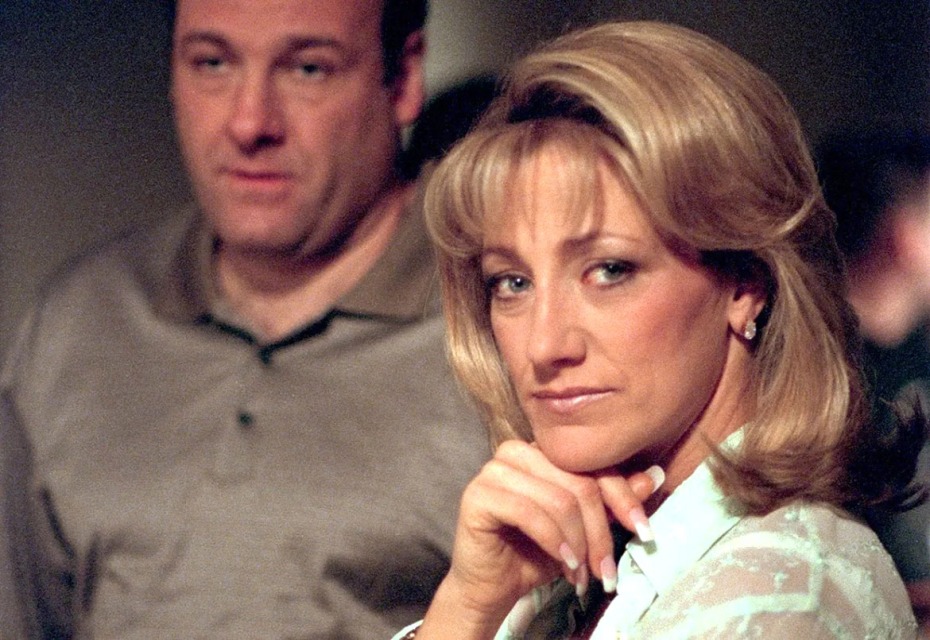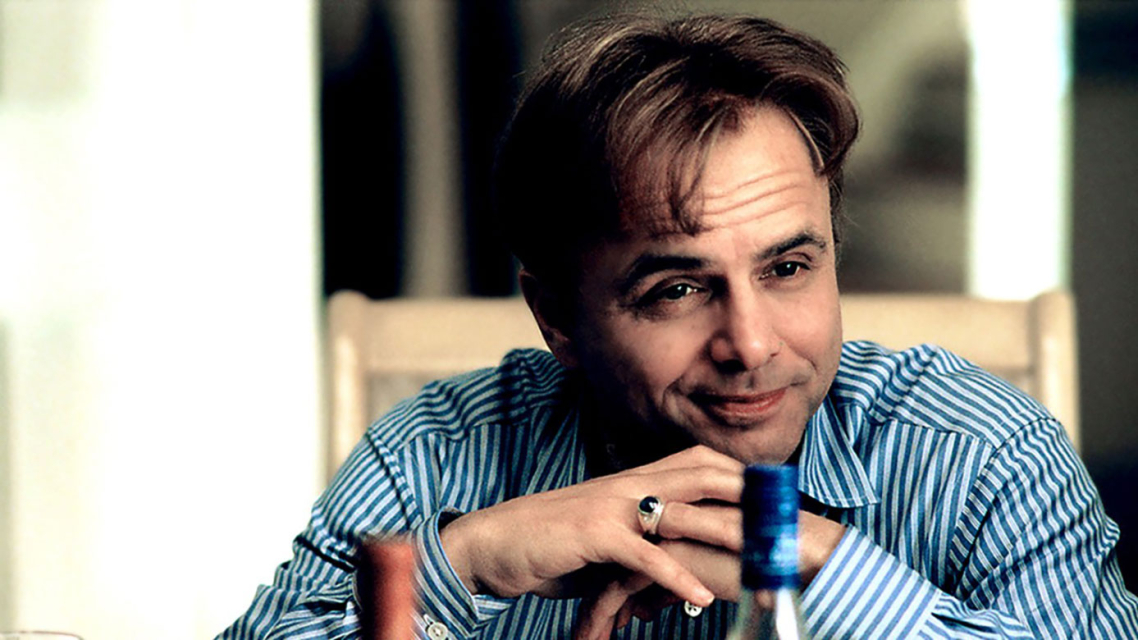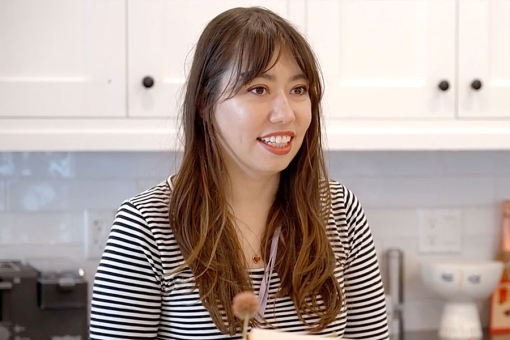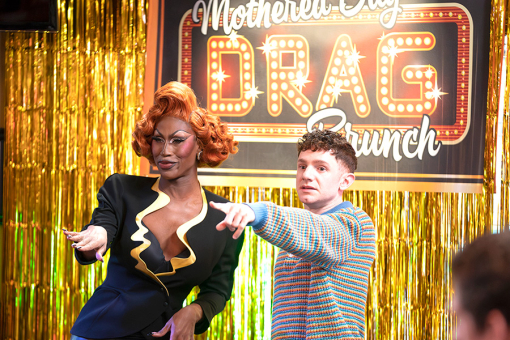On January 10, 1999, The Sopranos premiered on HBO to fewer than 4 million viewers, considerably fewer than its primetime counterparts on broadcast television. But eventually that audience grew, along with the Emmy-winning series' cultural footprint, as The Sopranos emerged as one of television's most memorable and game-changing shows.
Created by David Chase and starring the late James Gandolfini, The Sopranos followed New Jersey Mafia boss — and psychotherapy patient — Tony Soprano as he struggles to balance family, organized crime and panic attacks. The hour-long drama — which featured a killer ensemble that included Edie Falco (Carmela Soprano), Michael Imperioli (Christopher Moltisanti), and the late Dominic Chianese (Corrado "Uncle Junior" Soprano) — quickly became a "watercooler" show on its way to smashing cable records with an average of 12 million viewers at its peak. With the complex character study of its morally gray protagonist, cinematic visual style and shocking plot twists, The Sopranos ushered in what many regard as the Golden Age of Television.
The Sopranos not only established HBO as the place for original prestige TV dramas, it also redefined the stories that television could tell. The gripping stories Chase and his writers told inspired future critically acclaimed shows like The Shield, Mad Men and Breaking Bad. In fact, Breaking Bad showrunner Vince Gilligan famously said: "Without Tony Soprano, there would be no Walter White."
In honor of the show's 25th anniversary, here's a look at The Sopranos' legacy and its key milestones by the numbers:
Number of seasons: 6.
Number of episodes: 86.
Number of Emmy nominations: 111.
Number of Emmy wins: 21, including cable TV's first Primetime Emmy for Outstanding Drama Series.
Times James Gandolfini won the Emmy for Outstanding Lead Actor in a Drama Series: 3.
Times Edie Falco won the Emmy for Outstanding Lead Actress in a Drama Series: 3.
Season with highest average Nielsen rating: Season 4, with a rating of 7.56.
Average budget per episode: $2-6 million. (The success of The Sopranos set a new precedent of higher spending on prestige dramas.)
Months between the shooting of the pilot and the second episode: 12. (The first episode of The Sopranos was filmed in August 1997, but didn't receive a greenlight from HBO until that December. It wouldn't premiere for another 18 months.)
Most watched episode: "For All Debts Public and Private" (9/15/2002) with 13.43 million viewers, per Nielsen research.
Episodes directed by creator and showrunner David Chase: 2, the series' first and final episodes.
Episodes directed by Steve Buscemi: 4, including the Season 3 fan favorite "Pine Barrens."
Episodes directed by a woman: 1. (Lorraine Senna directed Season One's "Down Neck.")
Cast members also featured in 1990's Goodfellas: 27. (They include Lorraine Bracco, Frank Vincent and Michael Imperioli.)
Number of times the "F" word was said in the entire series: 3,508.
On-screen body count: 62.
Season with the most deaths: Season 6, with 28.
Tony Sopranos' estimated net worth: $5-6 million. (David Chase and Sopranos producers worked with technical consultant Dan Castleman for a more accurate understanding of Tony's financial situation.)
Ribeye steaks actor Steve Schirripa (Bobby "Bacala" Baccalieri) consumed in the famous "Nostradamus" scene: 6.
Dream sequences: 11.
Hours that Drea de Matteo (Adriana La Cerva) spent in make-up before shooting: 4. (Half the time was dedicated to de Matteo's hair and makeup. The other half? Covering up her tattoos.)
Appearances by musical guest stars: 4 (Lady Gaga, Lin-Manuel Miranda, Nancy Sinatra and David Lee Roth.)
Series finale viewership, on June 10, 2007: 11.9 million.
Price of A&E syndication deal in 2005: $200 million, the highest sum for a syndicated show at the time.
The Sopranos is now streaming on Max.












